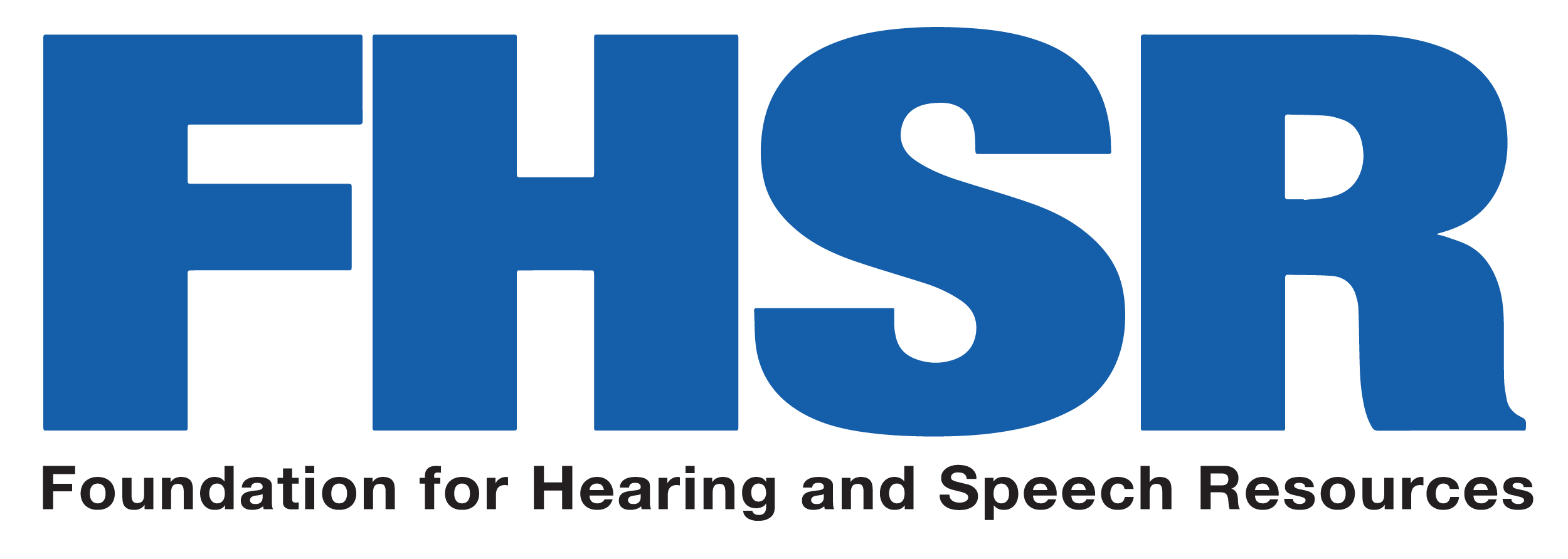
Early Childhood and General Music Program Manager of Merit School and Coordinator and Lead Teacher for the FHSR Pilot Programs at Childs Voice and Trinity School for the Deaf/Children of Peace
With all that is happening in today’s world one constant that everyone can relate to is music. In 2019 FHSR made a commitment to bring music classes for deaf/hard of hearing children through our Music To My Ears program (MTME). We started with Early Childhood music classes with our partners at The Old Town School of Folk Music and The Merit School of Music to provide a year of tuition-free music classes for children up to four years of age. In 2020 we expanded our program to include a school-based program where we provide the curriculum music program at Child’s Voice Oral Deaf School and tuition-free after school music class programming at Children of Peace/ Trinity School for the Deaf.
The Foundation is excited to see both of these programs expand in the coming years to include additional schools and a music therapy summer program.
With a new school year starting, we wanted to take a few minutes to chat about music and what it means in the life of a child. We thought who better than Sally Blandon: Performer, Early Childhood and General Music Program Manager at Merit School, who also happens to be the MTME Lead Teacher and Program Coordinator for our school-based programs.
Good morning Sally, thank you for taking time out of your very busy fall to sit down with us! What I have loved about watching your classes is your vivacious spirit and the meticulous presentation you bring to each music class, it is an incredible gift for the kids.
Tell us a bit about your background, education and what inspires you.
Thank you, I truly love being in the classroom with the MTME children, both during the Early Childhood classes and when I am teaching at Child’s Voice. I’m a Midwesterner, born and raised in Appleton, Wisconsin until my passion for music brought me to Chicago to attend Columbia College. I graduated with a BA in Vocal Jazz Performance and I am a performer at heart so it is a joy to teach classes to the little ones. Post-graduation, I have toured internationally, produced several independent music productions throughout the Midwest in addition to teaching and managing youth-focused music curriculums. I joined Merit School of Music in September of 2019 and it has been wonderful to honor the school’s musical legacy and pedagogy by bringing it to the MTME program.
Will you please tell us a little more about how you got involved in early childhood music classes?
Children and music have always been a passion of mine since I was a pre-teen. My first job was leading children through playful and musical activities was for a weekday “camp” at my local park district when I was 15 years old. During my college years, I worked in childcare provision and also started teaching private lessons, but always found myself drawn to teaching my younger students. In 2012, I was offered an opportunity to receive training and certification as a Kindermusik Educator, which was a beautiful classroom experience. As I moved on and away from Kindermusik, I found myself longing to share music on a larger and more equitable scale. My focus redirected itself to students in under-resourced or left out communities.
I think your natural ability with young children is what excited me most about you becoming our Lead Teacher and Program Coordinator for the school-based program….well that and your beautiful voice!
It was crucial we found a teacher who had an affinity for our students. Tell me, what inspired you to become involved with teaching music to children with hearing loss?
My inspiration to become involved with the MTME school-based program is my family and anyone who is deaf/ hard of hearing (DHH). I grew up with my mother’s cousin, who is deaf. As a child, I remember learning songs paired with American Sign Language (ASL) at school. The excitement I felt to come home and perform the songs I learned for her, is similar to the excitement I felt when presented with this opportunity to share my musical skillset with students in the MTME program.
What a great connection! It seems gearing music programming to children with hearing loss was already in your wheelhouse before we met.
Will you tell us a little bit about your classes, specifically how you have tailored them towards children with hearing loss? Also, what benefits do you see from these classes?
I am teaching Merit’s Music Masters Curricula, which focuses on 2 levels. The first level introduces musical concepts through songs, rhymes, fingerplays, and choreographed dances, all of which allows young students to conceptualize music in their bodies. The second level, begins teaching students how to identify musical concepts thru the musical language/vocabulary. As students continue learning more advanced songs, rhymes, instrument play-alongs and choreographed dances, they also begin applying advanced concepts such as basic composition and rhythmic/melodic dictation. I knew that both class structures would be conducive for children with hearing loss because of the connection of music to movement, the repetitive nature of the curriculum and the percussive aspects that make it accessible to these students. In fact, both levels have been curated for our DHH students by using a variety of activities that include call/response, vocalizing, discriminatory/focused listening and choreographed movement patterns or a directed instrument play-along. The homework has also been adapted to be interactive with students, so they may have a kinesthetic musical class experience.

Our music classes for deaf/hard of hearing children started in January of 2020 at both Child’s Voice and Children of Peace / Trinity School for the Deaf and then were abruptly upended when Covid-19 hit the United States and the schools closed.
As the Lead music teacher for Child’s Voice through these unprecedented times, can you tell us how the pandemic effected the music class program?
When the schools shutdown we knew it was imperative that we do whatever we could to keep the music classes going. Within a few weeks of the shutdown we were back up and running with online video classes. I am continually humbled by our student’s resiliency, but Zoom fatigue is real and we had to pivot to address this in our curriculum. To prevent burn out we cut our 1-hour classes down to 30 minutes each. In order to give our students 150%, I began curating, producing, filming and editing interactive Video Tutorials for students to practice at their own convenience from the comfort of their own home. I found this to be extremely helpful and fun for our students. It allowed the students to be connected with me and also play music outside of class time.
I love that the students can watch the videos and continue their music appreciation at home outside of class time. One of our goals for the program was to bring the joy of music to the student’s house to help create a music rich home environment, and this certainly supports that goal!
That leads me to my next question, what activities do you recommend parents do with their DHH children to encourage music in their lives?
My classroom mantra is and always will be, “You are your child’s favorite toy!” Play along to your favorite music with pots and pans together, go on a listening scavenger hunt/walk, paint a musical picture with your bodies thru DANCE, make DIY instruments, enjoy concerts (virtually or at a social distance) – there is so much you can do to bring music classes for deaf/hard of hearing children home, and it does not have to be a long period of time! Consider a family sing-along for Friday night fun or sing in the car when you are driving to activities, any interaction has an opportunity to be a musical one.
Are there certain forms of music that are more conducive or accessible to children with hearing loss?
I would recommend songs with simple verses that repeat or rhyme performed as a solo voice or with a single instrument such as a guitar or drum. In fact, percussive instruments and music created with an emphasis on percussive instruments are very accessible to DHH children. Start here and expand by introducing instruments one at a time so the child is able to associate the sound with the instrument. Then more complex songs of all genres can be incorporated. Play around and have fun with it!
If you could teach one musical master to your students, who would it be and why?
All music is beneficial for children with hearing loss, but I am a huge advocate for having DHH students experience music thru the lens of a musical composer or singer/songwriter who is also DHH. Children seek to find themselves in their environment or what they experience, and it is invaluable to a child to give them the opportunity to experience that relatability. I would start with Beethoven, because he was a composer, who became deaf early on in his career. He suffered thru his hearing loss, but never gave up his passion for music. Instead, he recreated his style of composition and became the inspiration for the Romantic Era in the classical world of music. He redefined dynamics and would compose his later pieces of music by cutting off the legs of his piano and feeling the vibrations of strings.
Sally, I cannot thank you enough for all of your time and the amazing work you are doing bringing the joy of music into our students lives!



